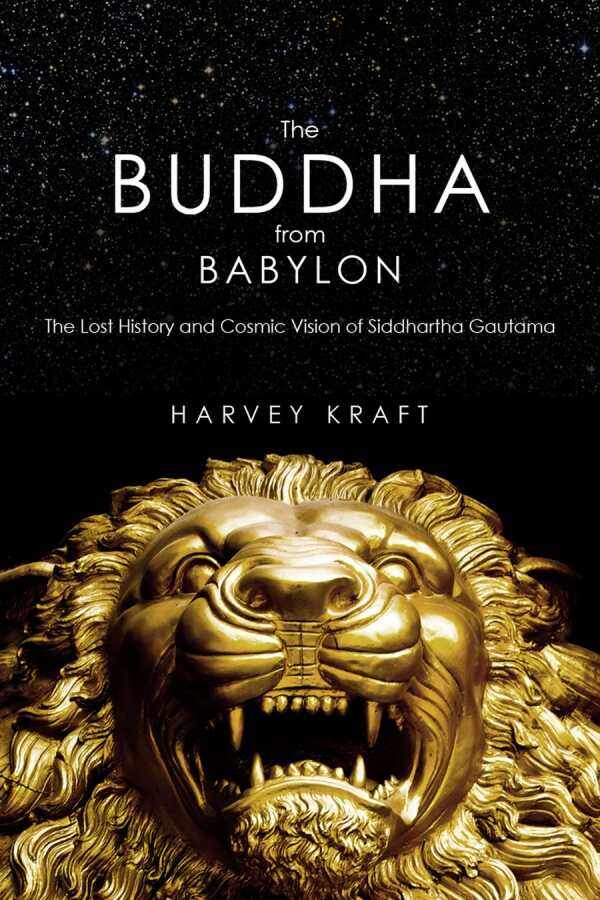The Buddha from Babylon
The Lost History and Cosmic Vision of Siddhartha Gautama
Kraft’s speculative biography will provoke spirited debate while offering an engrossing review of the Buddha’s life and wisdom.
Harvey Kraft’s The Buddha from Babylon: The Lost History and Cosmic Vision of Siddhartha Gautama offers an alternate chapter in the much-studied and worshipped life of the great spiritual sage. Kraft, founder of the Everlife Foundation and Buddhist Education Center, is also the author of Secrets of the Lotus Sutra. He is clearly passionate about Buddhism, as evidenced by this work, which blends historical fact and rich prose like the spinning of empyrean silk.
Through what Kraft describes as a practice of “spiritual archeology,” The Buddha from Babylon suggests a link between Siddhartha Gautama, or the Buddha, and Gaumata, a Babylonian chief magus of the Magi Order. Gaumata is generally regarded as an impostor who ruled over Persia and inclusive Babylon for less than a year before being ousted by Darius the Great. “Kraft proposes that Gautama and Gaumata share more than just the suspicious similarity of their names; that they are, in fact, the same person.
Redefining the traditionally vanquished figure of Gaumata as Siddhartha Gautama is an ambitious task. History, however, is elastic, and in a state of continuous review. Kraft notes how Dr. Alois Anton Führer, a late-nineteenth-century government surveyor of questionable reputation, was first to declare the Nepalese site of Lumbini as the birthplace of the Buddha. Lumbini benefited tremendously from the honor, and perhaps Führer—also suspected of selling false relics—benefited as well. Therefore a shadow of doubt continues to linger over the actual geographic origin of the Enlightened One.
Additionally, Emperor Darius the Great historically and derisively minimized Gaumata as a “stargazer” and usurper. Kraft counters that Gaumata was otherwise “beloved” and “possessed a remarkable depth of knowledge, was well-versed in philosophy and astronomy, and became a visionary … metaphysicist and philosopher.” Though Kraft’s thesis indeed remains a thesis, a review of the history of civilization will indicate that benevolent rulers tend to be overpowered, overthrown, and even obliterated by more aggressive forces.
Kraft then follows Gaumata after his time in Babylon through to his evolution as Gautama and the Buddha, again respectfully probing at revered writings such as Asvaghosa’s Buddhacarita and other more “mythic” texts. Without being divisive or declaratory, The Buddha from Babylon seems to want us to connect with the Buddha who truly knew humanity, and therefore truly knew compassion.
All told, Kraft’s self-declared speculative biography will surely provoke spirited debate while offering an engrossing and detailed review of the Buddha’s life and wisdom.
Reviewed by
Meg Nola
Disclosure: This article is not an endorsement, but a review. The publisher of this book provided free copies of the book and paid a small fee to have their book reviewed by a professional reviewer. Foreword Reviews and Clarion Reviews make no guarantee that the publisher will receive a positive review. Foreword Magazine, Inc. is disclosing this in accordance with the Federal Trade Commission’s 16 CFR, Part 255.

